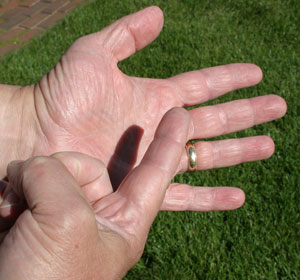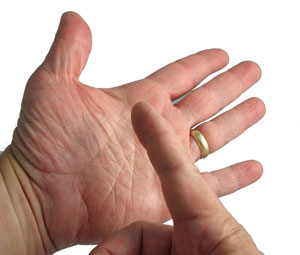|
Lighting for Product Photography
The keys
to the ideal lighting for product photography are diffusion and light colour.
Diffusion
Harsh lighting can
cause shadows, glare, reflections and hotspots.
|
 |
 |
|
Direct light gives a harsh shadow |
Diffused light inside a light tent gives a
very soft shadow |
The EZcube®
is the ideal way to diffuse the light. Although it is possible to
illuminate the EZcube®
using sunlight, the availability of sunlight tends to be unreliable so a
professional lighting solution is the best approach. A good balance of lighting
is achieved by illuminating the EZcube® from two opposing sides, although
please note that no single light position will work for every item or every
situation and many and varied results and effects can be achieved by
adjusting the angle and position of the lights.
We recommend using
Perfect Daylight 5000K Compact Fluorescent Bulbs because they:
 |
are
the perfect colour for the Northern Hemisphere, giving light identical to
natural daylight (see below)
|
 |
use
very little power relative to the light they produce
|
 |
stay
cool and so are safe to touch
|
 |
do
not heat up the lamp holders, EZcube® or the products being photographed
(especially important for some products)
|
 |
have
a long lifespan (typically 8000 hours)
|
 |
are
eco-friendly
|
Light
Colour
The colour of light
(correctly known as the "colour temperature") is measured in units of Kelvin (K).
The range of the Kelvin (K) scale for visible light is 1500K to 9000K. The
lower the number the warmer or more yellow the light and the higher the
number the cooler or more white and/or blue the light. The human
eye is not able to see all of the colour in the range of colour temperature.
The ideal colour temperature for product photography is 5000K as this
provides the best colour balance and representation without the need for
filters or software editing. This ensures correct colour rendering and
balance such that the colour of the image closely resembles the colour of
the original item. This is very important if you are selling items
online as your customers need to be sure that your image accurately reflects
the genuine colour of the item.
Mixing Light
Colours
It is important to be
sure that you do not mix light colours - all the light sources that you use
at one time need to be the same colour temperature. No camera, no
matter how good or expensive, can cope with more than one colour of light at
the same time.
All
the light sources that you use together should be the same colour
temperature. Remember that UK Daylight is 5000K so it is safe to use
our 5000K lighting with natural daylight from a nearby window (for more
about this see below)
Daylight Balanced
Lighting
There is a lot of
confusion about "daylight" or "daylight balanced" lighting. Lighting
described as “daylight” can be anything between about 4700K and about 6500K
but not all of this range is suitable for specialist product photography.
The range of suitable lighting is very much smaller, in the region of 5000K
to 5500K maximum.
Our lighting is 5000K
because this most accurately reflects true natural daylight of the kind that
will be coming in your window. As mentioned above, it is important always
use lighting products that all match in their Kelvin value and this applies
to window light just as much as to any artificial light you might use.
Unless you want to work in the dark (at night or with blackout blinds) then
the artificial lighting you use should be the same colour as your natural
window light. Natural window light can actually be used to advantage
providing that your artificial lighting is the same colour.
The colour temperature of “natural daylight” (the
daylight coming in your window) depends on where you are on the planet since
the colour temperature of “natural daylight” varies with latitude. The
colour temperature of “natural daylight” on an average day in the UK and
Europe (Northern Hemisphere) is 5000K. Colour temperature of 5400K only
occurs at noon on a very sunny day (very rare in the UK) and so lighting of
5400K is inappropriate at any other time or under any other circumstances.
Lighting of a colour temperature above 5400K is suitable only for Central
Latitudes. The diagram below illustrates this well.
It is clear from this
explanation that for perfect colour representation, so that the colour of an
image appears identical to the way the object would appear under normal UK
daylight conditions to someone who was viewing the object (and not an image
of the object), 5000K will give the perfect match. Therefore, lighting of
5000K will give the very best images without problems or corrections.Why
spend hours editing the images when you can take them right in the first
place!
J
|